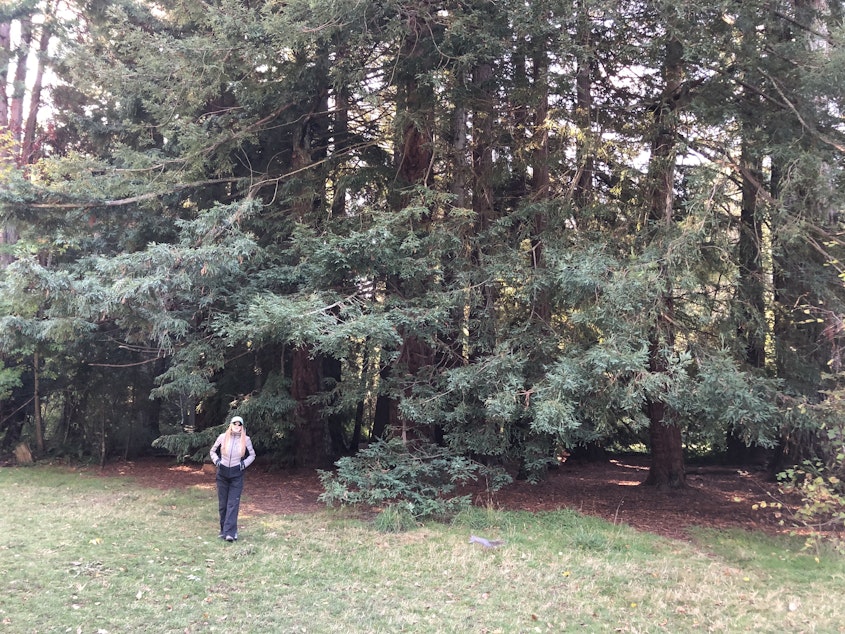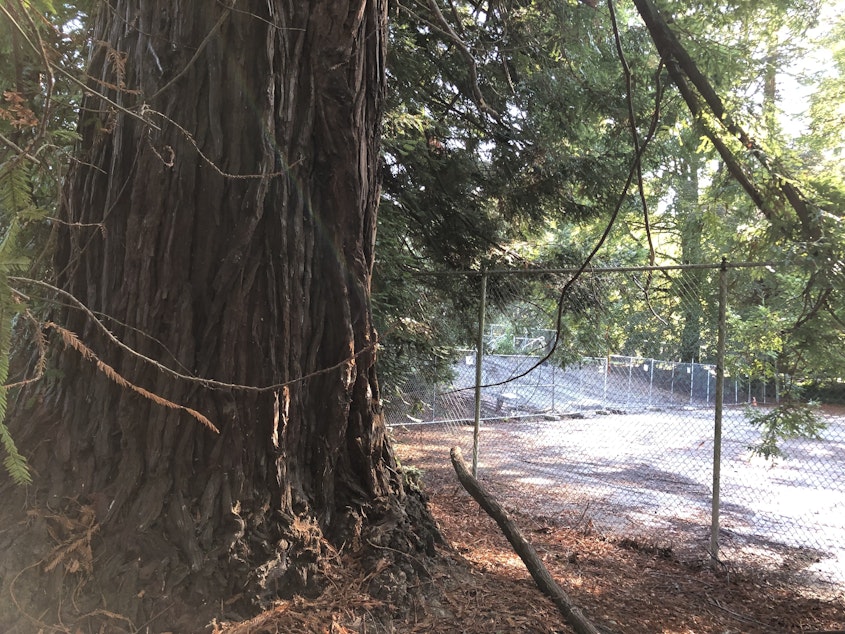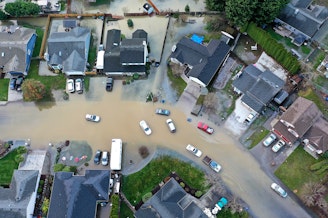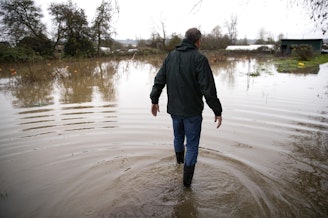Wildlife advocates push back on pickleball in Seattle's Lincoln Park

A city proposal to expand pickleball courts in Seattle’s Lincoln Park has run into opposition from wildlife advocates.
Members of Birds Connect Seattle and other conservation groups say Seattle Parks and Recreation's plan to create six new pickleball courts on disused tennis courts is moving too quickly, without sufficient research or public input.
Kersti Muul, a wildlife biologist and volunteer with Birds Connect Seattle, said the additional noise and lights from the pickleball courts could pose a hazard for birds nesting in nearby tree groves.
“It’s a raptor haven,” Muul said. “We have bald eagles, peregrine falcons, Cooper’s hawks, several species of owls.”
She said the city's plan to light the courts at night would be “catastrophic because Lincoln Park is this huge, dark square in Seattle — it’s totally dark, there’s no light in here.” A 2020 study in the journal Nature found that noise and light pollution affect bird nesting habits and success.
RELATED: No, pickleball is not displacing unhoused people
Muul noted that Lincoln Park was the site of Seattle’s Urban Bird Treaty celebration in 2017, in which then-Seattle Parks and Recreation Superintendent Jesús Aguirre agreed to support habitat conservation in a signing ceremony with the U.S. Fish and Wildlife Service.
Sponsored
Seattle Parks said in a statement that no studies or public engagement are required for the pickleball project because it involves converting decommissioned tennis courts, rather than new construction. More recently, the tennis courts have been used to store maintenance equipment and materials.
“We plan to move quickly to develop these courts, with the goal of the courts be open for play in late fall 2023,” the statement reads. A Parks and Recreation spokesperson said the department "may consider adding lighting down the road.”
Last Friday, Seattle City Councilmember Lisa Herbold issued a letter asking Parks and Recreation's current Superintendent AP Diaz to host a meeting to listen to the concerns about the project. Herbold said the public response she's received "has been overwhelming," adding that “meeting with community members who are pleading to be heard is the least we can do.” Herbold also asked Diaz for more details on the process that led to the choice of Lincoln Park for the pickleball expansion.
“The asphalt that was once tennis courts is an ugly eyesore, so to have it used by pickleball, which is in high demand, seems like a reasonable option,” said Greg Tuke, a co-leader for the 24 by '24 Pickleball Campaign, an effort to expand pickleball courts in Seattle, in an email.
RELATED: Why pickleball fans ended the Seattle Open tournament with a funeral
But Tuke also sounded sympathetic to Herbold’s request.
Sponsored
"It is vital that there be transparency in the decision-making process, so we understand the rationale as decisions are made," he wrote. "And it is also vital that key interest groups be involved in the decision-making process.”
Tuke said Seattle has far fewer dedicated pickleball courts than other similarly sized cities.
“These six courts, when built, would leave us still near the bottom, but not the very bottom. [It] seems like that is at least a start,” he said.

Sponsored
According to Parks and Recreation, pickleball was shifted to Lincoln Park after the city scrapped plans to use public tennis courts at Solstice Park nearby.
“We selected Lincoln Park as an alternative to the dual striping at Solstice Park after we heard from both tennis and pickleball players that separate courts were preferred, and we found an opportunity to make that happen,” the department's statement reads.
Muul said Solstice Park has lighting and other features that make it better-suited for hosting pickleball, without affecting the habitat in Lincoln Park. She said she grew up playing sports in Lincoln Park but thinks the noise levels of pickleball would be harmful.
“Lincoln Park turned me into an athlete but also a biologist. So you can do both," she said.
On Friday, Seattle resident Gordon Cook was walking his dog in Lincoln Park. He said he prizes the park’s birds and big trees, and took that into consideration when he recently moved back to Seattle.
Sponsored
“I insisted I’ve got to be near Lincoln Park — that’s what keeps me sane," he said. "So putting a dog park in here and a pickleball court is going to screw it all up.”
The controversy comes as city officials kick off Seattle Forest Week, which offers multiple events for residents to volunteer and "celebrate Seattle's urban forest."
The city also recently received a $12.9 million grant from the USDA, a portion of which will go to create a Delridge Native Forest Garden in West Seattle.
"The funding is a significant infusion of dollars that will help us to plant thousands of trees, create community partnerships, and focus in on areas where trees and canopy cover are most needed," a spokesperson for Mayor Bruce Harrell's office said.




